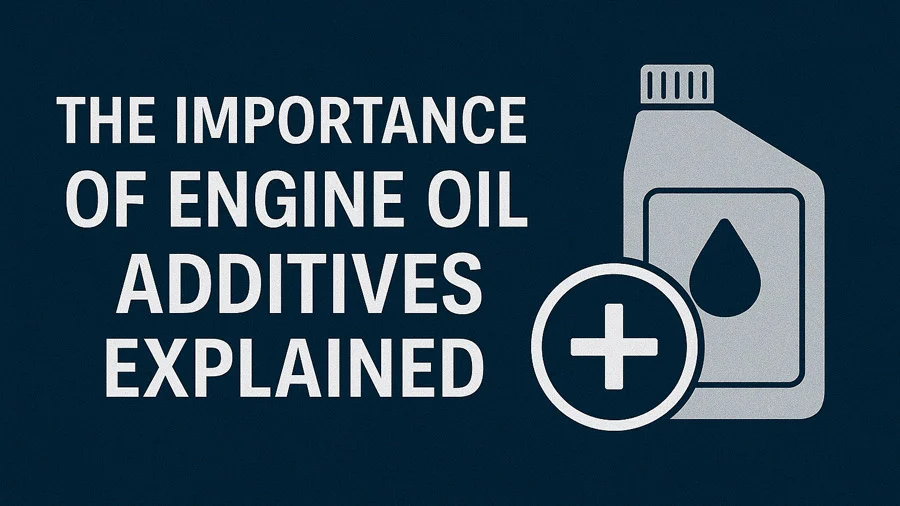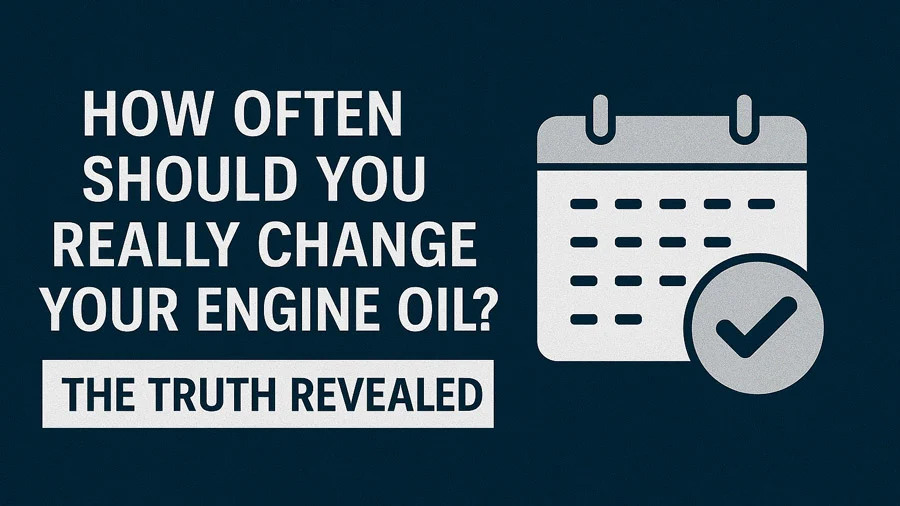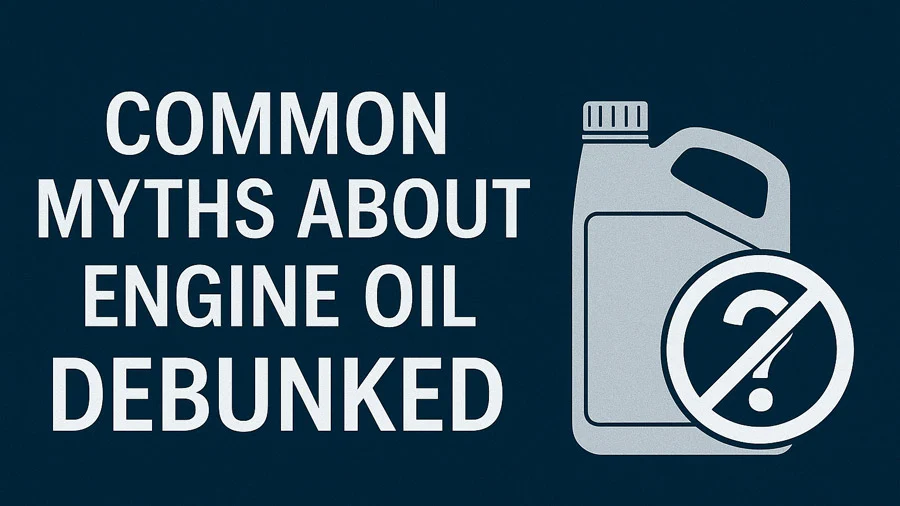Your engine oil is the lifeblood of your car’s engine, lubricating parts, reducing friction, and carrying away heat and debris. Ignoring when it needs changing can lead to costly damage. Knowing the signs your oil needs immediate attention can save you big bucks and headaches.
Table of Contents:
Visual Signs Your Oil Needs Changing
Dark or Dirty Oil on the Dipstick
Healthy oil is amber or golden. If your oil looks dark, gritty, or thick on the dipstick, it’s time for a change.
Presence of Metal Shavings or Particles
If you notice metallic flakes or sludge in the oil, it indicates engine wear and contamination—a red flag.
Smell of Burning Oil Inside the Cabin
A strong burning oil smell inside your car usually means leaks or degraded oil needing replacement.
Performance Signs of Bad Oil
Engine Noise or Knocking Sounds
Bad oil won’t lubricate properly, causing unusual noises or knocking sounds from the engine.
Overheating Engine
Old oil can’t dissipate heat efficiently, causing your engine to overheat.
Dashboard Warning Lights
Oil Pressure or Check Engine Lights
These warning lights are your car’s way of saying the oil system needs immediate attention.
Oil Life Monitor Alerts
Modern cars have sensors that notify you when oil quality drops below safe levels.
Other Indicators
Excessive Exhaust Smoke
If you see blue or gray smoke from your exhaust, it could be burning oil due to degraded engine oil.
Decreased Fuel Efficiency
Dirty or old oil increases friction, causing your engine to work harder and use more fuel.
What to Do When You Spot These Signs
Don’t delay—schedule an oil change ASAP. Check your oil level and condition regularly, and always use recommended oil types and filters.
Conclusion: Don’t Ignore the Warning Signs
Your engine’s health depends on good oil and timely changes. Watch for these signs and act quickly to avoid expensive repairs and engine failure.
FAQs
At least once a month.
Yes, with the right tools and knowledge.
Potential severe engine damage.
Usually yes, but check consistency and smell too.
Yes, neglecting oil changes can void warranty coverage.



